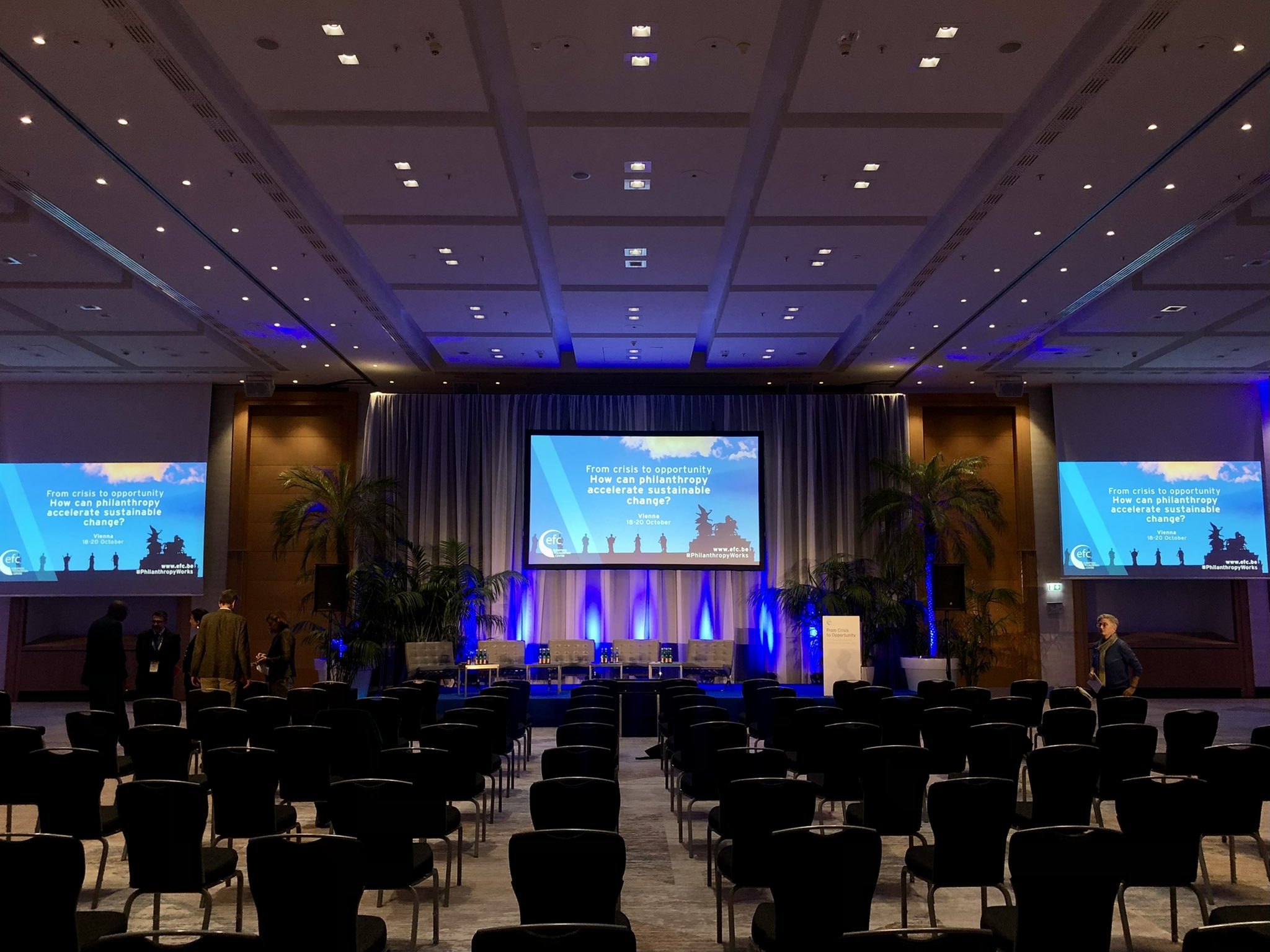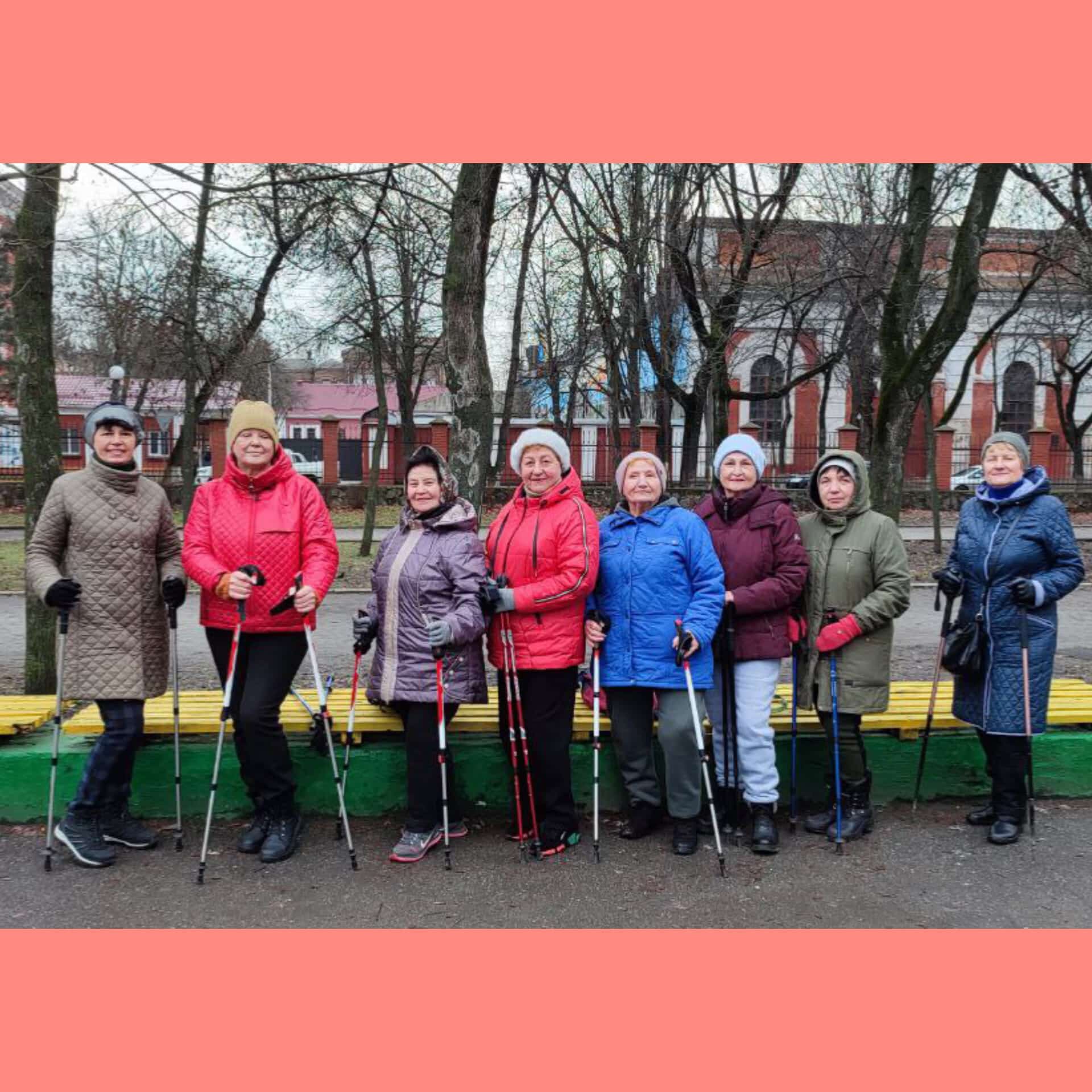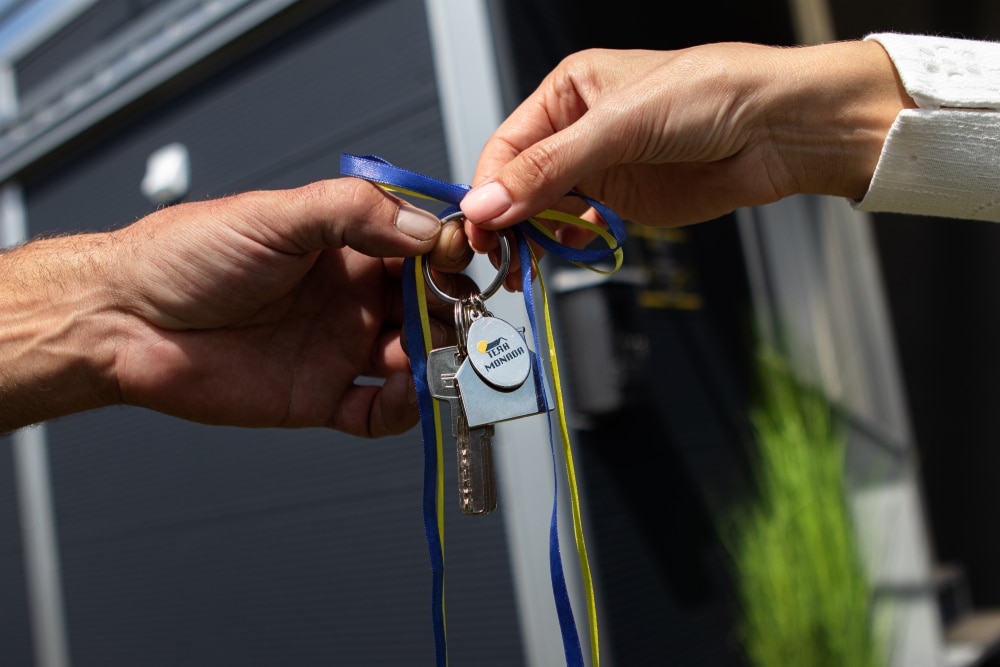Every May-June the European Foundation Centre (EFC) invites about 250 member organizations to the biggest European conference dedicated to institutional charity. Due to the COVID-19 pandemic, the 2020-conference had to be postponed until the end of October 2020. The team of Zagoriy Foundation paid their first visit to such kind of a conference. Head of the partnership and development department of Zagoriy Foundation, Oleksandra Lytvynenko, shared with us her insights from the biggest European conference on charity issues featuring charitable foundations.
The Ukrainian community of institutional philanthropy is represented at the association of European Foundation Centre (EFC) by only three foundations including Zagoriy Foundation which has joined the association this year. It is quite difficult to become part of the European community of charitable foundations. Almost 6 months have passed since we filled out the application form, provided dozens of documents and financial reports and learned about the association’s positive decision.
The topic of the conference held this year was – ‘From crisis to opportunity: How can philanthropy accelerate sustainable change?’
It is worth setting the record straight right away and explaining which organizations exactly participated in the conference. Definitions and terms used by our Western colleagues differ from the ones that are traditionally used in Ukraine. By ‘foundations’ they mean organizations that possess their own financial resources and that in most cases are private structures.
In other words, ‘foundations’ do not raise funds for financing their activities. Those who do that are the so-called organizations of institutional philanthropy. Zagoriy Foundations is one of such organizations. Under this category fall also those organizations that are conventionally known in Ukraine as ‘private charitable foundations’. Regarding those organizations most of which make the Ukrainian charitable sector up, the definition ‘charities’ is applied. This category covers those organizations that raise funds to finance their activities.

For me the conference was important for two reasons: its content and the networking part.
The content part consisted of four tracks: charity, democracy, society and climate.
The organizers of the conference had selected four visionaries who had developed a program for each track. Sessions were being held concurrently with the participants being able to freely choose the topic or the speaker they wanted to listen to. In case you were not interested in one of the panels, you could easily switch to another one. Everything was quite democratic.
Given my professional interest I chose the Philanthropy Track. It had been developed with the guidance of Lucy Bernholz, senior research scholar at The Stanford Center on Philanthropy and Civil Society and director of the Digital Civil Society Lab.
The institutional philanthropy organizations participating in the conference (‘foundations’ as we call them) were confronted with the key question of the conference – how are they supposed to adapt their operations in order to accelerate sustainable change?
The vast majority of European foundations were founded over 100 years back. Since then they have turned into big-scale structures that look rather like bureaucratic ‘corporations’.
Despite effective programs and considerable achievements, the issue of reforming activities of the organizations of the traditional European institutional philanthropy remains especially acute. In the context of global instability and numerous crises such structures have lost their flexibility and are not capable of rising to new challenges.
During these four days at the conference I managed to gain the following key insights:
Climate philanthropy — European foundations unanimously agree on the fact that regardless of the organization’s mission it has to integrate climate issues in its activities. Climate change is already there and mankind does not have time to put the solution to this problem into cold storage. Climate change is a factor that brings about migration and food crisis, social inequality, new diseases, etc. This means that every foundation has to implement its programs through the lens of climate change. As of now, the donations that are being made to counter climate change amount to a mere 2% of the all funds allocated to other fields.
Flexible response — it transpires that by no means all institutions can afford such a luxury of quickly responding to ad hoc challenges. With ever increasing frequency we deal with problems to which the response has to be immediate. The current context requires flexible, rapid and in-depth response. Thus, although urgent response to emergencies is not one of the organization’s core activities, it should nevertheless be regarded as its mission’s extension.
Cross-sectoral approach — to meet the majority of challenges one needs to deploy those tools that will prove effective regardless of the field and cooperation of institutions that operate in different sectors.
Sustainable funding — «Instead of announcing grants for separate projects, donors should rather support the organizations that are making real change’, said Alexandre Giraud from Fondation de France. Announcement of grants for certain sectors kills creativity and makes organizations ‘adapt themselves to their donors’ wishes’. In times of human rights violations and numerous crises that call the agility of civil society into question, sustainable funding and fulfilling of potential play a key role.
Impact studies — I know that a great many organizations are occupying themselves with this issue. To assess exactly the impact (not to be confused with ‘outcomes’ or ‘outputs’) is a challenging task which would require much costs and time. Also, it is far from certain whether such an assessment will be correct in view of incidental factors. European foundations are unanimous in the idea that instead of costly impact studies for the period of 10, 20 or 30 years into the future, it would make much more sense to divert these resources to solving a concrete problem today.
To listen and not to impose — private donors find it important to understand that not all organizations have to be just like you. The ‘bottom-up’ approach is also relevant for philanthropy. It is worth heeding the needs and opinions of those organizations that work in the field and asking them about what they think could prove effective in terms of solving a concrete problem. Not always are you supposed to impose your own methods and instruments on others, however effective you may think they are. You have to remember that the final result is all that matters, which means you should offer the organizations that you fund the opportunity to select the instruments that will work.
Grant makers = partners — if we strive for sustainable change, we have to treat every organization that we provide with financial aid as a partner. It is essential to enter into a ‘peer-to-peer’ dialogue. We cooperate together to solve a concrete problem. The thing foundations desire to achieve is to help their grant makers to better get to know both their beneficiaries and target audiences for whom they implement their activities.
Networking: seizing an opportunity
In my case networking took place in the х2 format. I happened to be participating in the conference in the capacity of a participant of the NEXT GEN program. This is a special program for young professionals in the charity sector and/or representatives of the organizations that have recently become members of the EFC. Aside from the main agenda, there was a separate one for the participants of NEXT GEN. They had meetings with top-level managers of the most renowned and effective private foundations. For me personally, the odds of meeting those people beyond the framework of the conference were minimal. So as not to get distracted from the main agenda, those meetings were planned in keeping with the best traditions of the book ‘Never eat alone’ – we met before and during breakfast, during coffee breaks and lunch.
During the four days of the conference I met within the framework of this program the representatives of The Robert Bosch Foundation, ERSTE Foundation, Fondation de France and Rockefeller Philanthropy Advisors.
What did we talk about? We began with introductions and small talks, which is inherent in such meetings. Then your interlocutor would outline topics that they would be interested in bringing up and that would be interesting for both parties. At the institutions of this level (in view of their line of work) it is common for their official representatives to have a ‘list’ of topics that they ‘have the right to talk about on behalf of their employers’. Let’s say you manage a project that deals with water desalination in the Philippines and at the same time your organization is implementing another project of drilling of wells somewhere in Africa. You are then asked to comment on the latter. In this case, you politely refer them to the manager at your organization that can provide accurate information on this project. It is done with a view to minimizing risks, since any piece of information that gets into the public space can be disseminated quite quickly. The same approach is helpful to avoid situations where an organization has to resort to crisis communication after incorrect information has been circulated.
The biggest asset of these meetings was that they were not moderated. The organizers of the conference created the opportunity for a dialogue, whose success depended exclusively on me and my interlocutor.
Thus, the conference showed that there are things that do not even exist in the Ukrainian charity discourse. However, sometimes quite the reverse is true. Ukrainian charity practices may be well more progressive in some respects than those of our Western colleagues. Here are a few examples of them: digitalization, novel ways for charity, charity in one click, etc.
In this regard you can read an article that was published on The Media of Great Stories earlier. There we explain how online charity works, drawing on the examples of monobank and Privatbank (two of the biggest and most progressive banks in Ukraine – editor’s note).
The trouble is that the participants representing Eastern European countries never spoke within any of the tracks during these four days. I can’t speak for all of the Eastern European countries, but Ukraine does have something to offer to the entire community.
Why is it so?
First of all, the Ukrainian charity and the process taking place in this sector do not come into focus of the European community, nor do they form part of its field of interest. Being a country with deeply-rooted traditions of charity and patronage and a country in which charity has become both innovative and fashionable, Ukraine remains in the informational shadow regarding the war in its Eastern regions, the occupation of Crimea, low vaccination rates, social inequality, etc.
Second, most private foundations in Europe uphold century-old traditions and are often simply psychologically not prepared for change. They find it quite challenging to adapt even the slightest change. And much more difficult it is for them to come to terms with the fact that a country which is at war and undergoing political turmoil can give birth to successful charity practices.
Third, in Western societies the problem of distrust of charity institutions is quite acute. For all the good that private foundations bring into society, they are regarded rather as institutions of influence. Oftentimes private foundations are linked to the corporations of their founders and the ubiquitous corporate influence is becoming more and more a target for criticism on the part of civil society.
For me personally the most important insight from the conference is not so much about philanthropy or networking. It is rather about the fact that we should stop breaking the world down into ‘us’ and ‘them’.
We should share experience with one another and bring best practices over into Ukraine. It is for this very reason that Zagoriy Foundation joins, most significantly, the ranks of international network associations. However, we have to understand that Ukrainians have something they could share with other nations. I really want Ukraine to shine brightly on the world charity map. I also want other countries to take pride in adapting Ukrainian charity practices in their national contexts.








